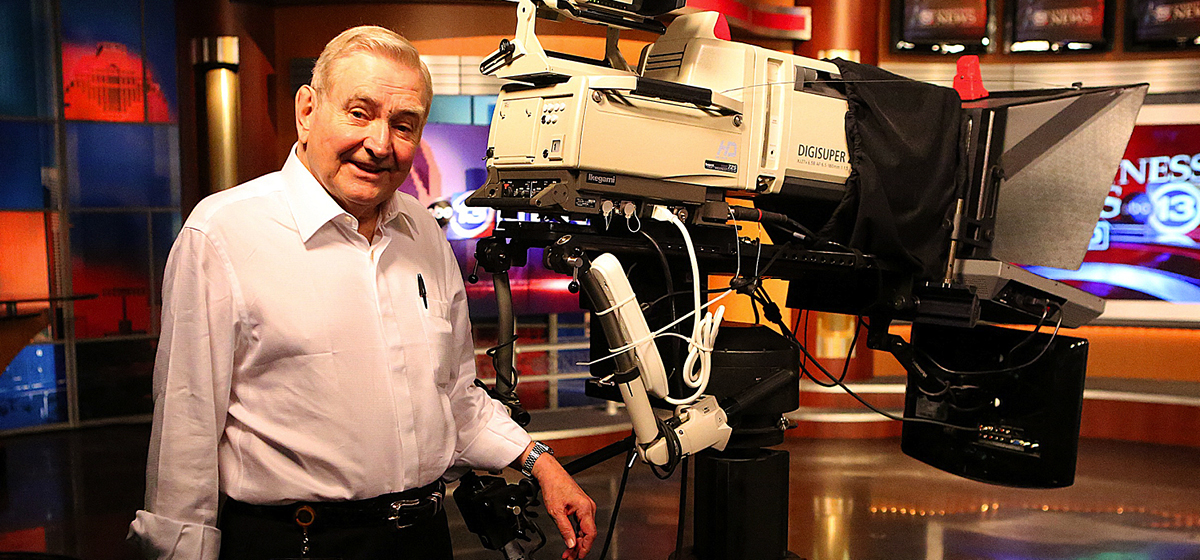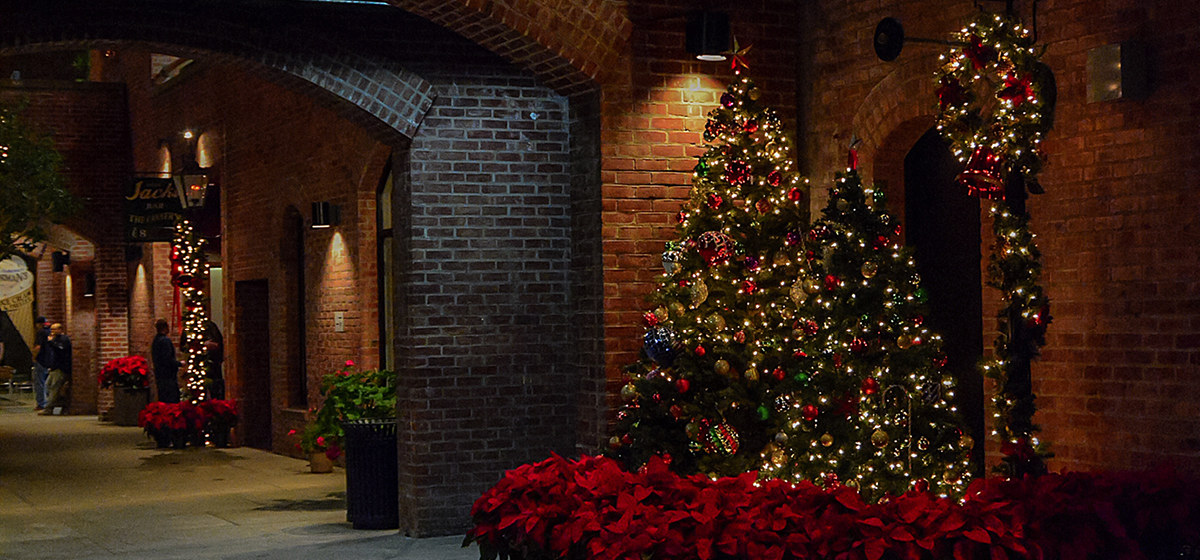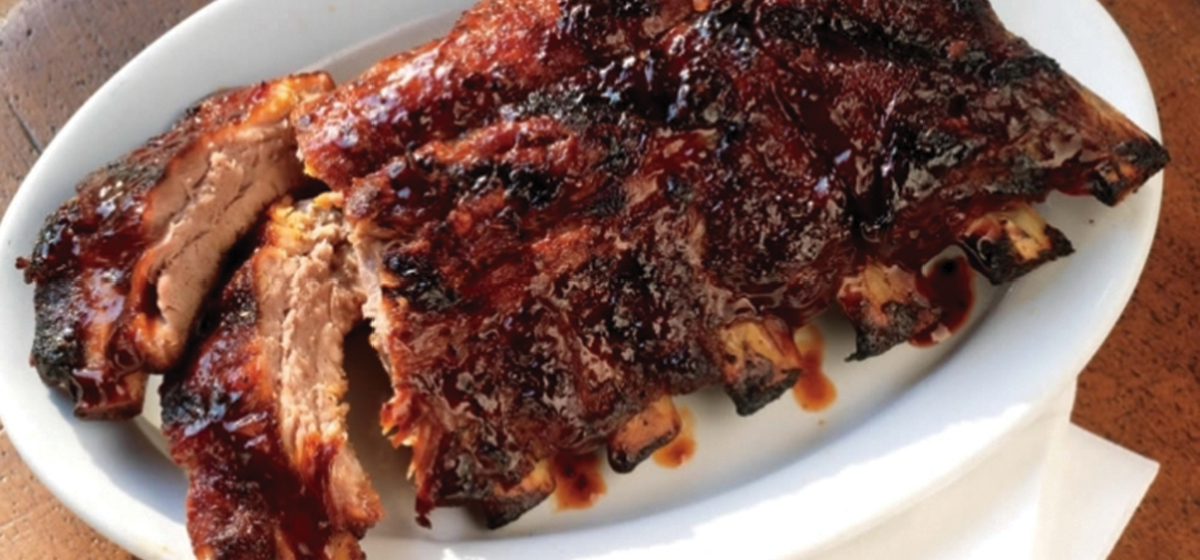Harding Boeker and his six siblings grew up on a farm in Gay Hill, Texas (near Brenham). After he finished school, Harding, “fresh off the farm,” got a job in Houston at a machine shop. In July 1942, like so many young men of his generation, he received a draft notice into the United States Army. He was 21 years old.
Before long, Harding went to San Antonio for a week of in-processing, then to Camp Roberts, California for six weeks of infantry ground troop training. Afterwards, he was assigned to the newly-created 231st Quartermaster Salvage Collection Company at Camp White, Oregon. There, he trained new recruits.
After further training in the Mojave Desert, Harding, by then a staff sergeant, was sent to Camp Shanks, New York (“Last Stop, USA”) for a week before leaving in June 1944 with thousands of other troops on a ship bound for England. The ship took six days in transit, he says, always zig-zagging to avoid German U-boats.
Harding was in England for two weeks, where he had to dodge many enemy “buzz bombs” made from lawn mower engines. Then, he boarded the SS George Dewey headed for Normandy, France. The English Channel was a busy place, and it took two days for the crossing. He arrived on Utah Beach on the Normandy coast of France in August, just a few weeks after D-Day.
“I never thought to keep up with the date,” he says with a smile, but remembers wading through chest-high water to get to the beach. The water was still red from the blood of thousands of soldiers.
After leaving Utah Beach, Harding’s unit went to Brest, France, where the Allied Forces had just taken control of the port city. There, Harding and his colleagues got a first-hand look at the German strategic submarine pens, which the Allies had been unable to destroy by bombing. Harding ultimately spent about 18 months in Europe, pushing through Luxembourg, The Netherlands, Belgium, and several cities in Germany before the German capitulation. The basic German he learned growing up near the German town of Brenham served him well during this time. Harding was in Belgium at the end of the bitterly-cold Battle of the Bulge; toward the end of the fighting in Europe, he was near the “little red schoolhouse,” where the Germans unconditionally surrendered on May 8, 1945.
Harding was awarded the American Theater Campaign Medal, the EAME Campaign Medal with Four Bronze Stars, the Good Conduct Medal and the WWII Victory Medal. He was honorably discharged on January 13, 1946, his birthday. After the war, he worked in the radiator repair industry, eventually owning his own company. He and his wife, Juanita, have lived in their retirement home on five scenic acres near Montgomery for over 30 years. Harding and Juanita still do their own yard work, are active in their church, and enjoy local activities that honor veterans. Several years ago, Harding attended the second Texas Honor Flight to the World War II Museum in Washington D.C.
You’re young; you’re ready to go. Everybody else was leaving. I happen to have three brothers, and I often wondered what my mother thought. My oldest brother was lucky; I don’t know where he got the knowledge from, but he was teaching pilots how to fly. My next brother was drafted, too, and went to San Diego, California in the Navy. My youngest brother was the only other one who was leaving. He was in the military police.
I don’t know how the Germans did it, but they got some kind of weed to grow in the water, and it kind of flooded it. That’s why we had to wade so far. There was still sporadic fighting. The Germans were on the hill; we were there below. I was thinking, “Let’s just get this thing over with.”
We were there to pick up usable equipment and send it back to the depot. We were always behind the front troops. We were always in the battle zone, but we never did get right on the front line of fighting. One day the Nazis came over with planes and were shooting. There were trees all around. The dirt was flying up. That’s when we started scrambling. We were lucky we didn’t get killed. I was up in Belgium during the Battle of the Bulge. We had just passed through the town. The Germans brought tanks in from everywhere in Germany. They basically gave up, but we lost a lot of people there.
Clothing, weapons, anything we could use. If we found anything we could use, we would notify headquarters and they would come pick it up. We had 21 trucks and these little old trailers we pulled behind them. One of the things we had a lot of was five-gallon gasoline cans. You would see them stacked up for a mile. One night we had a gasoline dump. We were on guard duty. They told us to be ready to set fire to it to keep the Germans from using it if we were surrounded.
There was a big battle going on for those submarine pens the Germans built. They were under 22 feet of concrete. The bombers hit it and hit it and hit it until they finally broke through. All around that area were abandoned salt mines. The Germans stored stuff there, like sardines, hats, and ammunition. We took inventory and sent it back to headquarters. One had Cuban cigars and Cuban canned meat, which was salvageable. We sent it back to headquarters and they used it to feed people who were bombed out.
We were pulling guard duty, and we knew they were going to meet there. The fighting was winding down. We knew something was going to happen. The word spread pretty quickly.
When the war in Europe finally ended, they bused us all up according to how many years we had been in and how many points we had, and sent us to Marseilles, France for a staging area. We had signs on the wall that said, “On to Tokyo.” Fighting was still going on in the Pacific, and everybody knew that was exactly where we were going. We knew our boys had their hands full over there, but as soon as the bomb fell, that ended everything. When we heard about the bomb, the soldiers burned everything down because they knew we were going to go home.
It took two weeks to come home. The ship we were on wasn’t one of the faster ships. It brought us to New Jersey. The weather was bad. We even lost some of the life boats off the side. A lot of times we would be looking up at water. A lot of people weren’t used to it. We finally made it home. I went from New Jersey to Camp Fannin in Texas. That’s where I was discharged from. I got off a train in Brenham, and my parents were there waiting for me. It was a big welcome home.



